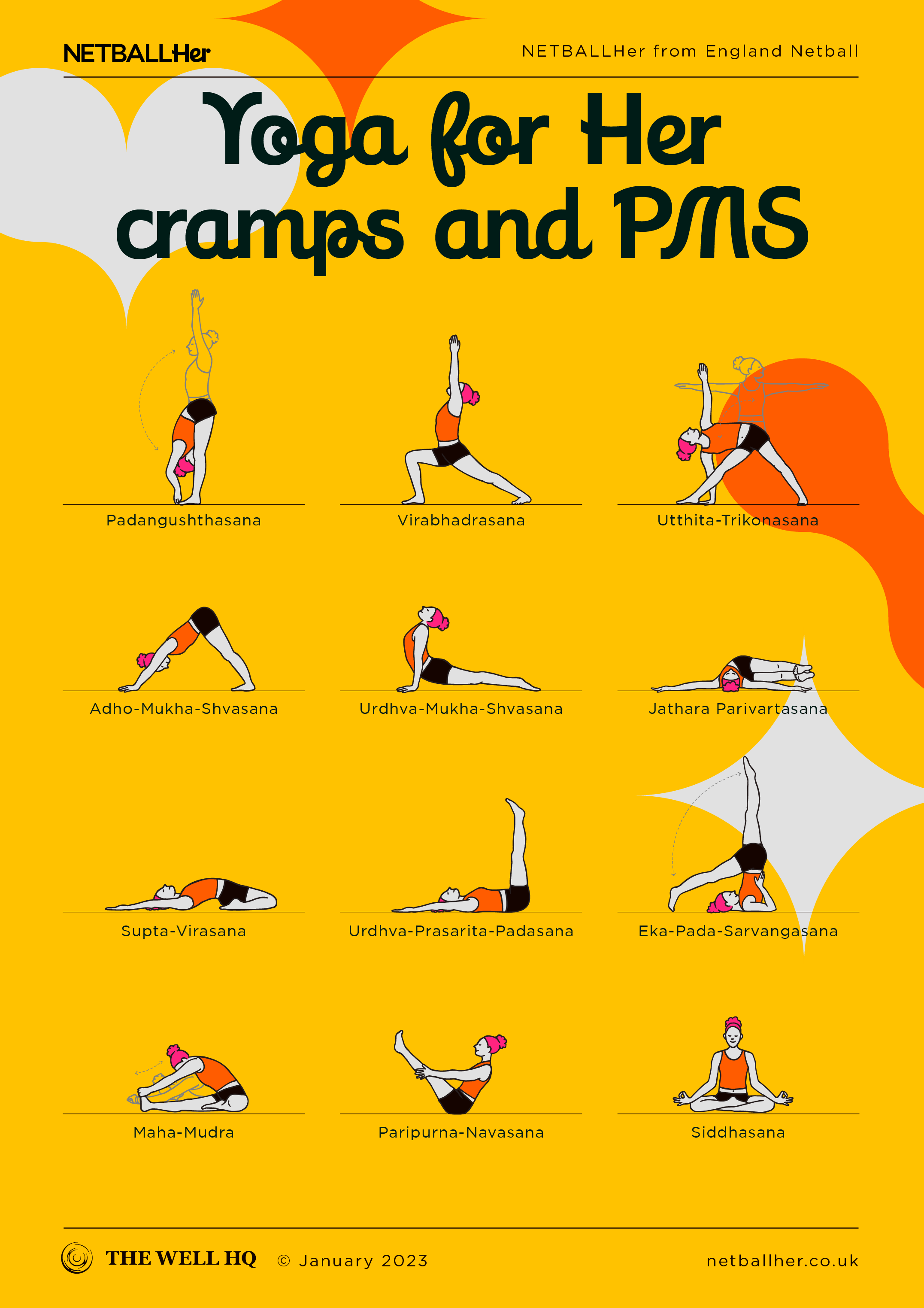Click play for an audio readthrough of this article
Many athletes and active women choose to use hormonal contraception to ensure a low-fuss or no-fuss menstrual cycle that fits in with the demands of training and competition. It’s a great option when women can access the right information and make an informed decision … but that part’s rarely a given.
A 2019 survey recorded that 50% of elite athletes used hormonal contraception, increasing to as many as two in three (66%) athletes in their 20s.
During the 90s, use of the pill by sportswomen had become so widespread it led to researchers exploring reasons for its popularity in a 1999 paper entitled The oral contraceptive pill: a revolution for sportswomen? In that paper, researchers concluded that hormonal contraception’s advantages outweigh its disadvantages for active women.
But the trouble is we rarely have discussions about those advantages and disadvantages. To this day most women still probably wouldn’t be able to give you a weighty pros and cons list about hormonal contraception because we’ve all been informed so terribly.
Hormonal contraception was a revolution in terms of the control it gave women over their reproductive health, their cycle and planned parenthood. But now, I think, there needs to be a revolution in how women make the decision to use it and, if they choose to, which type is best for them. As with most prescription medicine, women often find themselves at the mercy of the prescriber – that person’s preference, budget and experience of what has worked in others. If not the prescriber, women often tend to glean anecdotal information from their friends (or Google) about how a certain solution has worked in others.
But neither approach takes into account the effect hormonal contraception might have on your body, your health and your active lifestyle. In trying to find the best type of hormonal contraceptive for an individual, there remains a ‘see how you go’ approach, where we have to spend up to three months, and sometimes longer, using one type before we know whether or not it suits.
Some women suffer horrendous side effects before deciding to stick or twist.
Why athletes opt for hormonal contraception
For athletes, hormonal contraception does the obvious job of stopping unwanted pregnancy. But beyond that it can also be effective in easing debilitating menstrual symptoms that impact performance. It can lighten periods, or get rid of them altogether.
It’s seen as a low-fuss solution that offers a sense of regulation and predictability – and those things can be priceless when you exist in a demanding haze of training, recovery, travel and competition.
Are there drawbacks?
Like any medication, hormonal contraception comes with warning labels. There are risks. Some women can’t take certain hormones due to pre-existing medical conditions and / or their family history, while certain types of hormonal contraception don’t align with an active life.
The depo injection, for example, has been shown to have bone density implications, showing sometimes irreversible damage to bone strength in women.
Hormonal contraception removes the natural menstrual cycle. This means active women no longer have regular periods as a window into their overall health, showing that they’re balancing fuelling and training well enough. When fuel in (food) doesn’t cover energy out (exercise and well, just living) for long enough, active women are at risk of the condition RED-S.
A key RED-S telltale is when the period is disrupted or disappears completely – but that marker isn’t available when hormonal contraception is involved. Even if a woman has a bleed when using the pill, it’s not actually a period, and so it can’t be used as a vital sign of health in the same way. The longer RED-S goes unnoticed and untreated, the more likely it is to cause lasting damage.
Is hormonal contraception right for me?
The decision to take hormonal contraception needs to be based on good information and whether it’s going to be right for you in a holistic sense. Holistic meaning your lifestyle, health, plans … your goals beyond only sport.
To make this decision you need information, but there are still big gaps in education and informed discussion around hormonal contraception. Some athletes maybe know the headlines (lighter periods, no periods, predictable periods) and it seems like a slam dunk, but misinformation is common and athletes need to consider a wider set of factors … not just those surface benefits. Make your decision from an informed position, and know what to look out for to tell if it’s an approach that suits you.
As a reminder, the content of the course belongs to The Well HQ. You have permission to access and use the content yourself or, if you are an organisation, for the number of users selected, but are not otherwise permitted to share such content with others, all in accordance with our Course Terms and Conditions.

